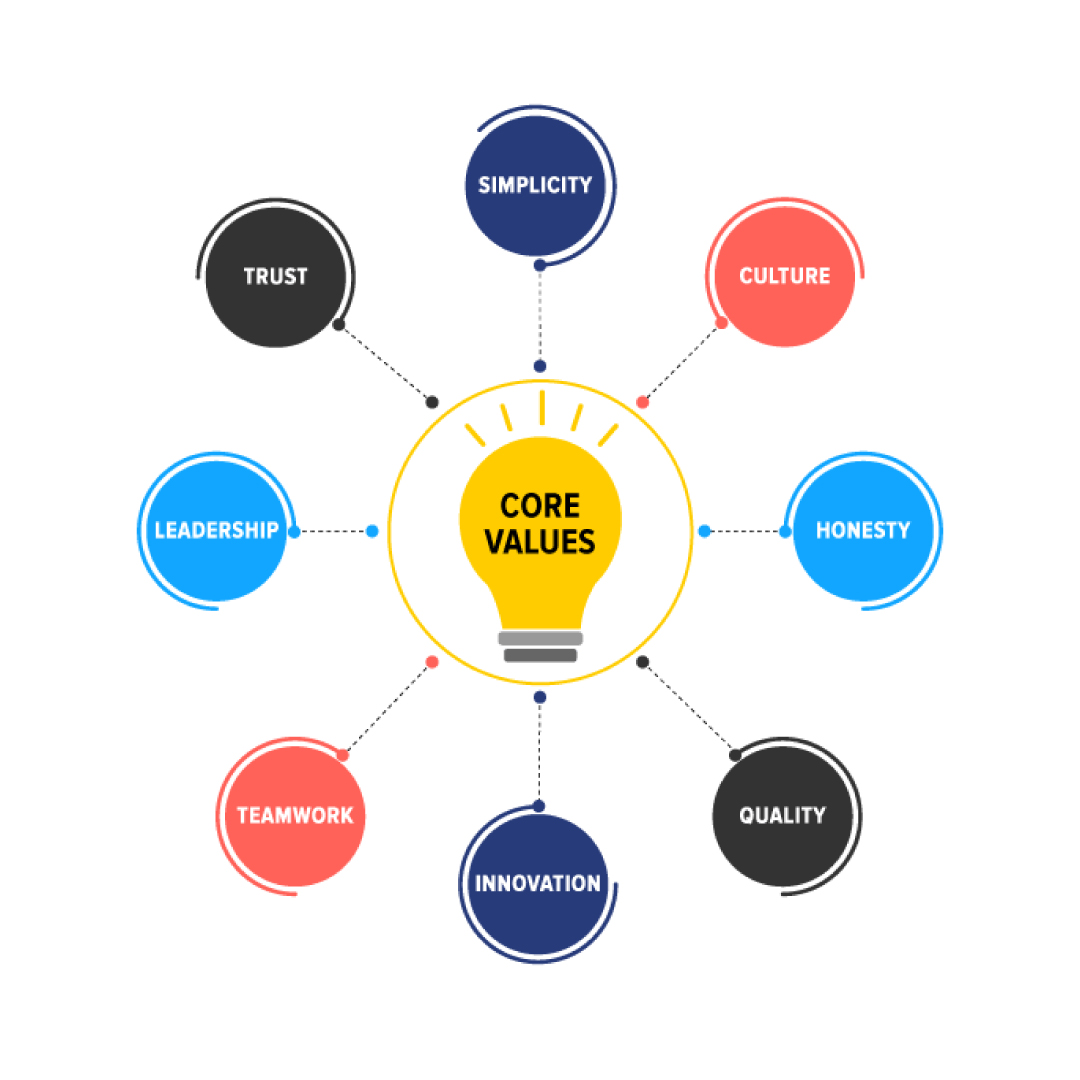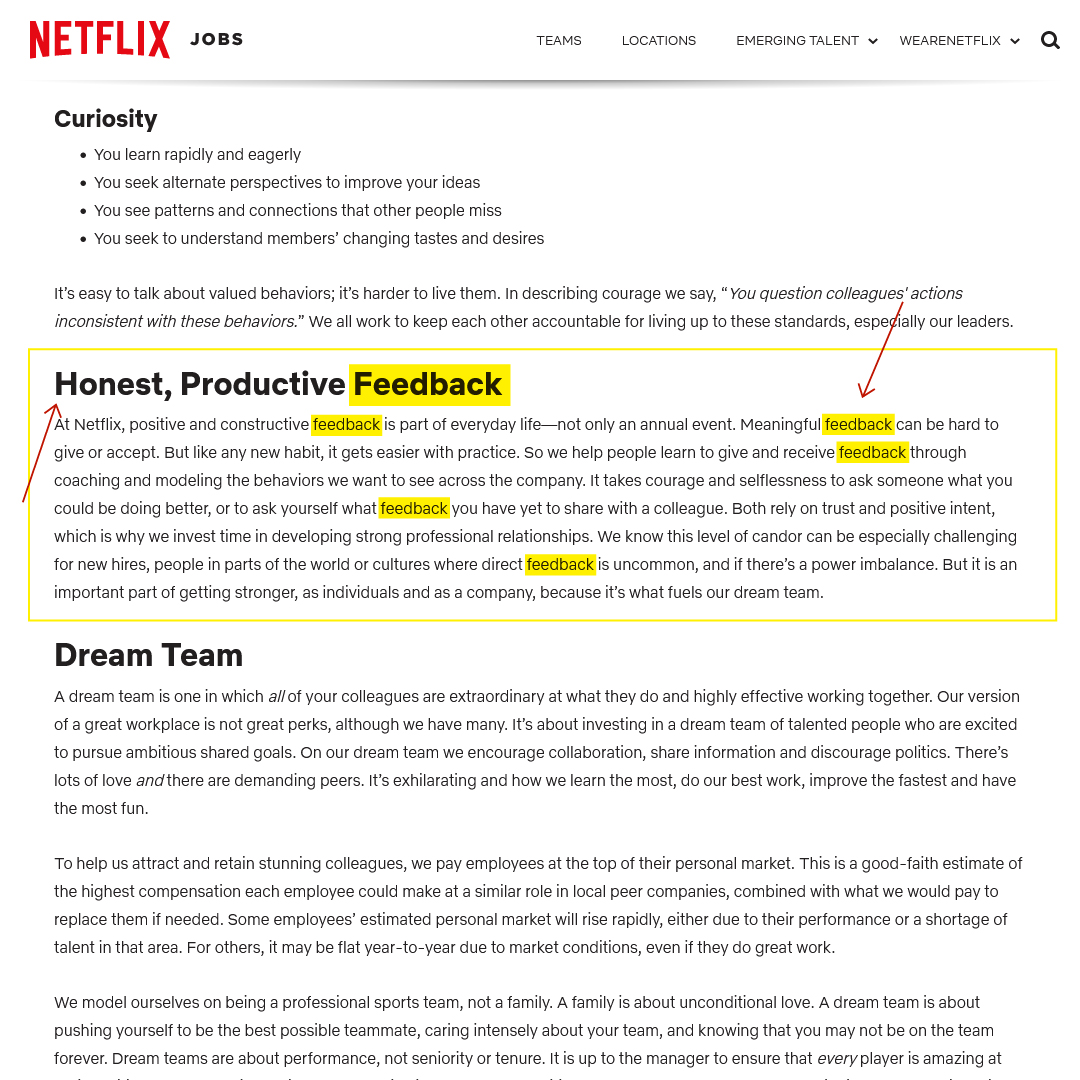7 Ways to Improve Your Business by Building a Strong Corporate Culture
When you start exploring different ways to improve your business, you will end up realizing that most guidelines point to improving work culture. This blog is a signboard depicting 7 top ways to improve your business by building a strong corporate culture. Here we go…
A strong corporate culture can serve as a powerful differentiator, allowing companies to attract top talent and wow customers. A McKinsey report confirms culture is the backbone of a company's health. Companies with a strong culture can achieve up to 3 times higher ROI than those that don't.
What's more?
According to research, workplace culture is a key driving factor for high employee engagement. It helps create a positive work environment, thereby boosting employee productivity. All this data establishes a strong correlation between corporate culture and employee satisfaction.
In this post, we will share the top seven brilliant tips to strengthen your organizational culture.
Top 7 ways to improve your business through Improved Corporate Culture
#1: Showcase Your Organization's Values and Mission
A survey reveals that 70% of working professionals desire a job role that aligns with their life's purpose. Hence, they are re-evaluating their professional life. Professionals who consistently share their organizational values and goals achieve high productivity and stay loyal to the brand.
So, from recruiting new employees to onboarding and performing everyday tasks, your organization's values and mission should reflect in every decision-making. This can help you recruit the best talent and prove a great way to improve your business.

Here are a few tips to consider.
- Use internal scorecards to gauge your team's commitment to the company's core values and mission. Besides, you can create customized software by integrating purpose metrics to track employee performance.
- Understand the mission and work ethics of stakeholders before signing any deals. This can help you choose the best projects that give a sense of purpose to your employees.
- Conduct frequent meetings to reflect on the company's mission and impact on society.
- Create training strategies that inspire a sense of purpose, thereby improving work culture.
#2: Uphold a Transparent Company Culture

Workplace transparency depicts a culture of sharing accurate information and being honest with the workforce. This can help foster a collaborative work environment.
The best part? Workplace transparency enhances trust between employees and management, thereby reducing attrition rates.
What's more? According to Gartner, transparency can lower job-related stress. Hence, cultivating workplace transparency can be an excellent way to improve your business.
Here are a few tips for building transparent work culture.
- Create an open-door policy that allows open discussions between employees and managers. This can help your team share their job-related challenges and concerns hassle-free.
- Deploy tools like Slack and Zoom to foster internal team communication and collaboration.
- Implement project management software like Hive and Trello. With these tools, managers can assign tasks, set deadlines, and keep track of employees' progress. Besides, these tools can help each team member understand and discuss their priorities with managers.
- Share the organization's achievements and pain points creating barriers to growth.
#3: Nurture Strong Coworker Relationships
Strong professional relationships can help uplift employee engagement and performance.
According to Gallup, high engagement levels result in:
- 81% less employee absenteeism
- 18% decrease in turnover rates
- 41% improvement in work quality
- 18% increase in productivity (sales)
- 23% increase in the company's profitability

Hence, nurturing strong coworker relationships can boost business outcomes, leading to long-term success.
Here are a few tips to consider.
- Organize team-building activities like:
- Pictionary: A participant draws an animal, object, or anything on their mind, and the team has to guess that.
- Fun Quiz: Teams ask fun questions related to the company. For instance, they may ask opponents to guess the favorite song of a specific employee.
- Organize occasional breakfast and lunch get-togethers. Take inspiration from Warby Parker. They have introduced "lunch roulette," where their teammates go out and enjoy good food. This can help cultivate camaraderie, thereby improving work culture.
- Take your team to movie dates. This allows your team to unwind after hectic work and imbibes a sense of friendship.
#4: Discourage Micromanagement

Over-scrutinizing the team's work can create a sense of distrust, leading to poor employee engagement.
Reports state that micromanagement is one of the top reasons for high attrition rates. Thus, micromanagement ruins the relationship between managers and teammates, thereby impacting work culture.
Here are a few tips to avoid micromanagement.
- Embrace employee autonomy by trusting your team to handle job responsibilities. This fosters a sense of ownership and strengthens decision-making.
- Encourage teammates to set SMART (Specific, Measurable, Achievable, Relevant, Time-bound) goals. Let them create work strategies to achieve these goals. Managers should focus on the quality of the result rather than their way of working.
- Implement internal communication tools to help teams, especially remote ones, connect with their managers when required. This can help encourage open communication, thereby boosting team morale.
Inspiration: Bridge Global is one of the leading names in the software outsourcing industry who have successfully chucked out micromanagement. Being an agile, self-organized entity, our teams function smoothly without any supervision and management at microlevels because we execute our tasks with full accountability. Explore our work culture here.
#5: Promote Cross-Functional Collaboration
Cross-functional collaboration signifies a group of professionals with different expertise working to achieve a common goal. Leveraging ideas from diverse sources can help boost engagement and unlock their true potential.
For example, a project manager can form a group of the following professionals to develop a mobile app.
UI Designers: For user-friendly app design
Developers: Front-end and back-end developers for coding
QA Team: For executing tests to assure app quality
Digital Content Creators: For creating relevant content for apps functionality
A unified team of these professionals can inspire innovative ideas, foster knowledge sharing, and enable them to create an efficient mobile app.

So, promoting cross-functional collaboration can be a beneficial way to improve your business.
#6: Create a Constructive Feedback System
A constructive feedback system is pivotal to employee growth.
It can help businesses identify and understand their employees' professional strengths and weaknesses. Sharing this crucial information and creating strategies to improve their performance can lead to an engaged, productive, and motivated workforce.
No wonder, renowned companies like Netflix have a constructive feedback system.
Notice how they have highlighted this on their website.

Here are a few tips for creating an effective employee feedback system.
- Deploy performance assessment software like Lattice to track employees' performance.
- Connect with the HR leader to discuss employee behavior, communication skills, and more. Share the insights with their manager and ask for their opinion.
- Give your teammates performance ratings based on their knowledge and behavioral aspects. Make them understand that the feedback aims to improve their performances. Hence, they should not take anything personally.
- Listen to your team's challenges and create strategies to help them improve.
#7: Recognize the Top Performers
Employee recognition can help businesses nurture a positive work environment, thereby boosting retention rates. According to reports, over 91% of HR leaders affirm that employee recognition and reward boost retention rates.
So, acknowledge your team's effort and valuable contribution by rewarding the top performers. This can be pivotal in improving the work culture and ROI.
Here are a few crucial things to consider.

- Managers and HR leaders should rate teammates based on their skillsets and performance. This can help boost a fair recognition system.
- Show appreciation during team meetings or shoot emails praising their contributions.
- Offer monetary benefits to the top performers. You can also opt for non-monetary benefits like paid holidays, gym membership, and more.
To Sum Up
A strong corporate culture boosts employee morale, enhances workplace productivity, and reduces attrition rates, thereby creating a happy workplace. The tactics and tools shared above will help you implement the best ways to improve your business by building a healthy company culture. Follow these best practices to build and nurture a super-productive workforce.
Curious about how we evolve into a progressive workspace adhering to cross-functionality and self-organization? Let’s talk.


